Our butts: just like our fingerprints, they’re all unique. And now scientists at Stanford University have developed a prototype ‘smart toilet’ (links to their scientific paper) that can identify an individual based on their unique, um, analprint. That’s cool, that’s cool, we’re all mature adults here.

Using both a traditional fingerprint scanner and an image recognition algorithm to identify a user’s unique anoderm (the exterior part of the anus), the system then uses its under-the-seat mounted camera and sensor array to analyze a person’s urine and excrement for health evaluation and discerning potential concerns. You’d think a fingerprint scanner and maybe a voice recognition program or something would have been sufficient to identify a toilet user, but I suppose why not scan the ol’ anoderm for good measure?

The system was developed specifically for being able to identify the different members of a household for separate waste analysis and not as a stand-alone biometric identification system, which is probably for the best since the use of analprint scanners would make identifying yourself for access to an office building significantly more awkward.
[via Vice]
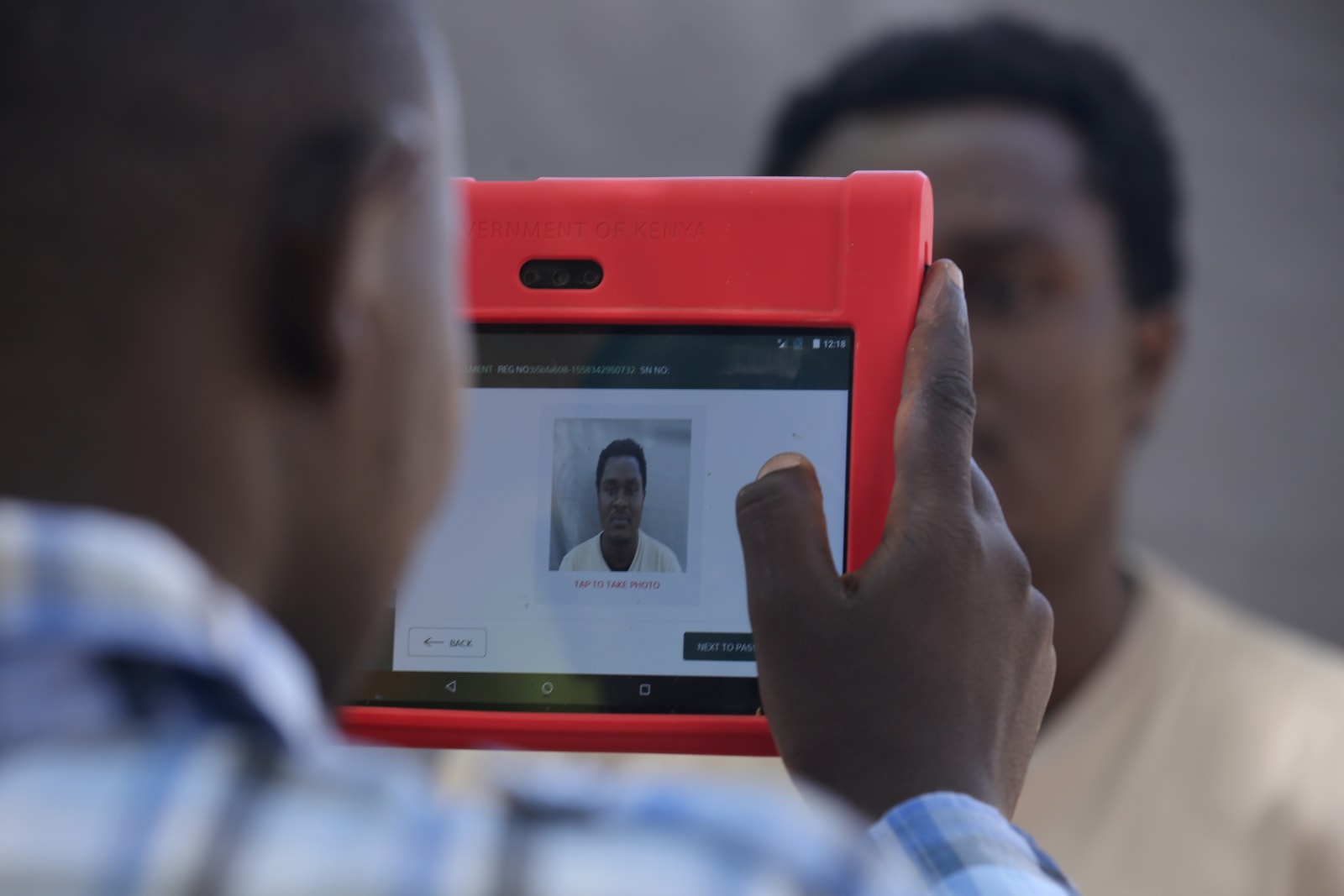 Kenya introduced a sweeping national biometric identity program last year, with the view to collecting personal and biometric data -- such as fingerprints and facial photographs -- from its 50 million-strong population. Now, however, the program has...
Kenya introduced a sweeping national biometric identity program last year, with the view to collecting personal and biometric data -- such as fingerprints and facial photographs -- from its 50 million-strong population. Now, however, the program has...
 A massive data breach exposed sensitive data of nearly every individual in Ecuador. The breach impacted an estimated 20 million people -- for reference, Ecuador has a population of about 17 million. According to ZDNet, it exposed data on 6.7 million...
A massive data breach exposed sensitive data of nearly every individual in Ecuador. The breach impacted an estimated 20 million people -- for reference, Ecuador has a population of about 17 million. According to ZDNet, it exposed data on 6.7 million...
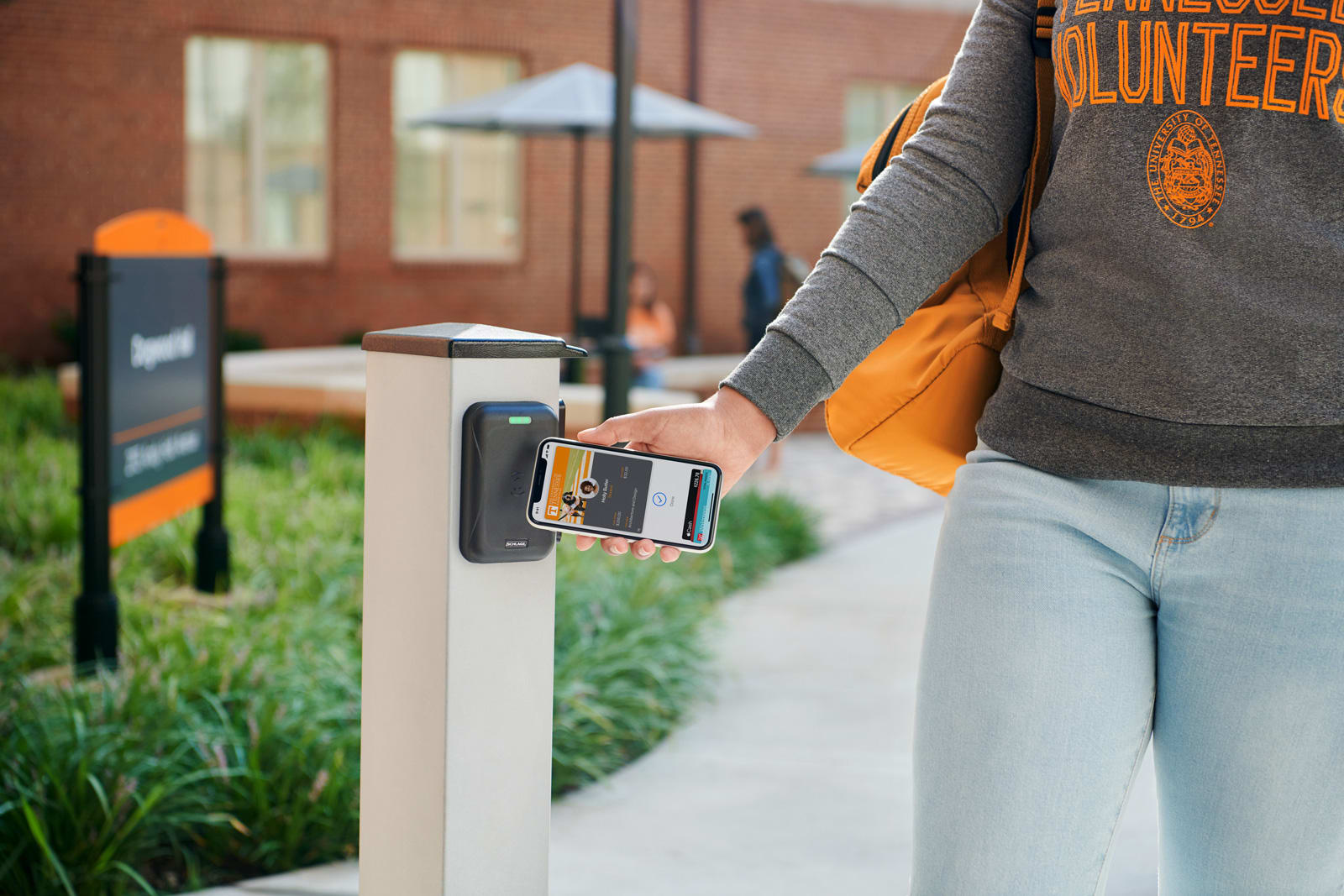 A new school year is approaching, and for Apple that means an expansion of its contact-free student IDs. Apple Watch and iPhone owners can tap their devices to access campus facilities in 12 more schools, and these are institutions you'll likely rec...
A new school year is approaching, and for Apple that means an expansion of its contact-free student IDs. Apple Watch and iPhone owners can tap their devices to access campus facilities in 12 more schools, and these are institutions you'll likely rec...
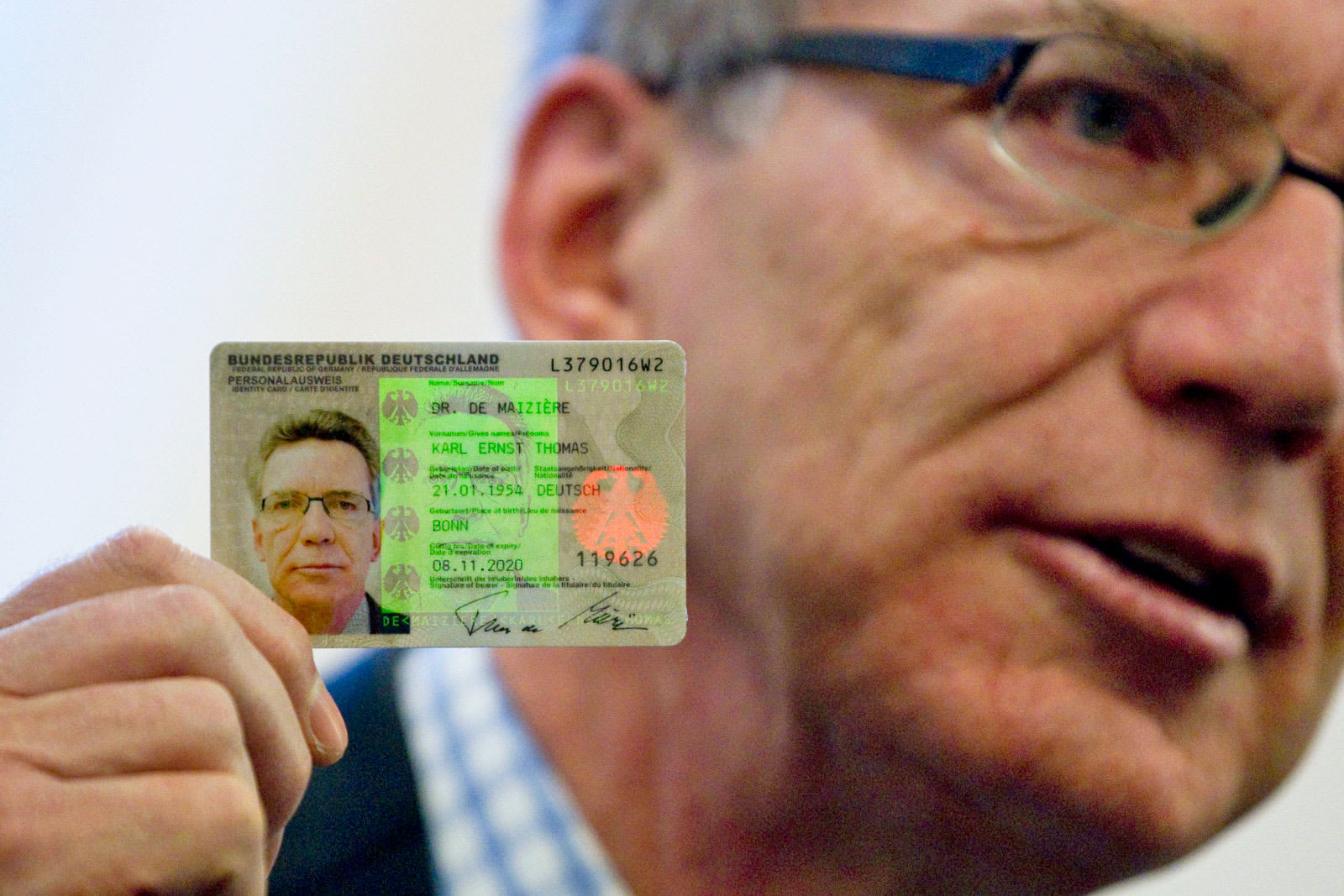 iOS 13's newly expanded NFC support will be useful for more than just hopping on the subway. Germany is taking advantage of the upcoming software's support for Apple-approved NFC identification documents to let residents scan their ID cards and use t...
iOS 13's newly expanded NFC support will be useful for more than just hopping on the subway. Germany is taking advantage of the upcoming software's support for Apple-approved NFC identification documents to let residents scan their ID cards and use t...
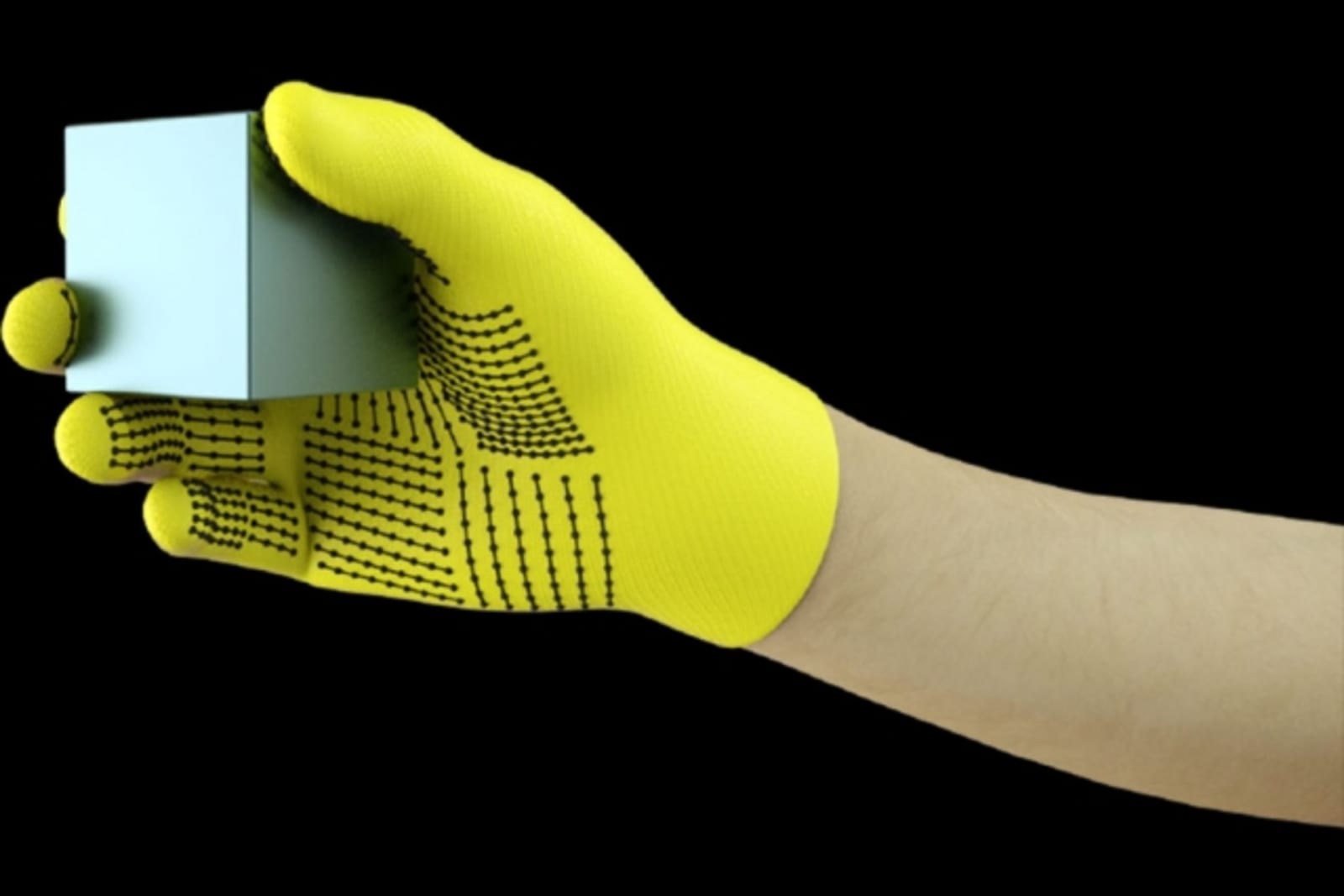 Researchers have spent years trying to teach robots how to grip different objects without crushing or dropping them. They could be one step closer, thanks to this low-cost, sensor-packed glove. In a paper published in Nature, a team of MIT scientists...
Researchers have spent years trying to teach robots how to grip different objects without crushing or dropping them. They could be one step closer, thanks to this low-cost, sensor-packed glove. In a paper published in Nature, a team of MIT scientists...
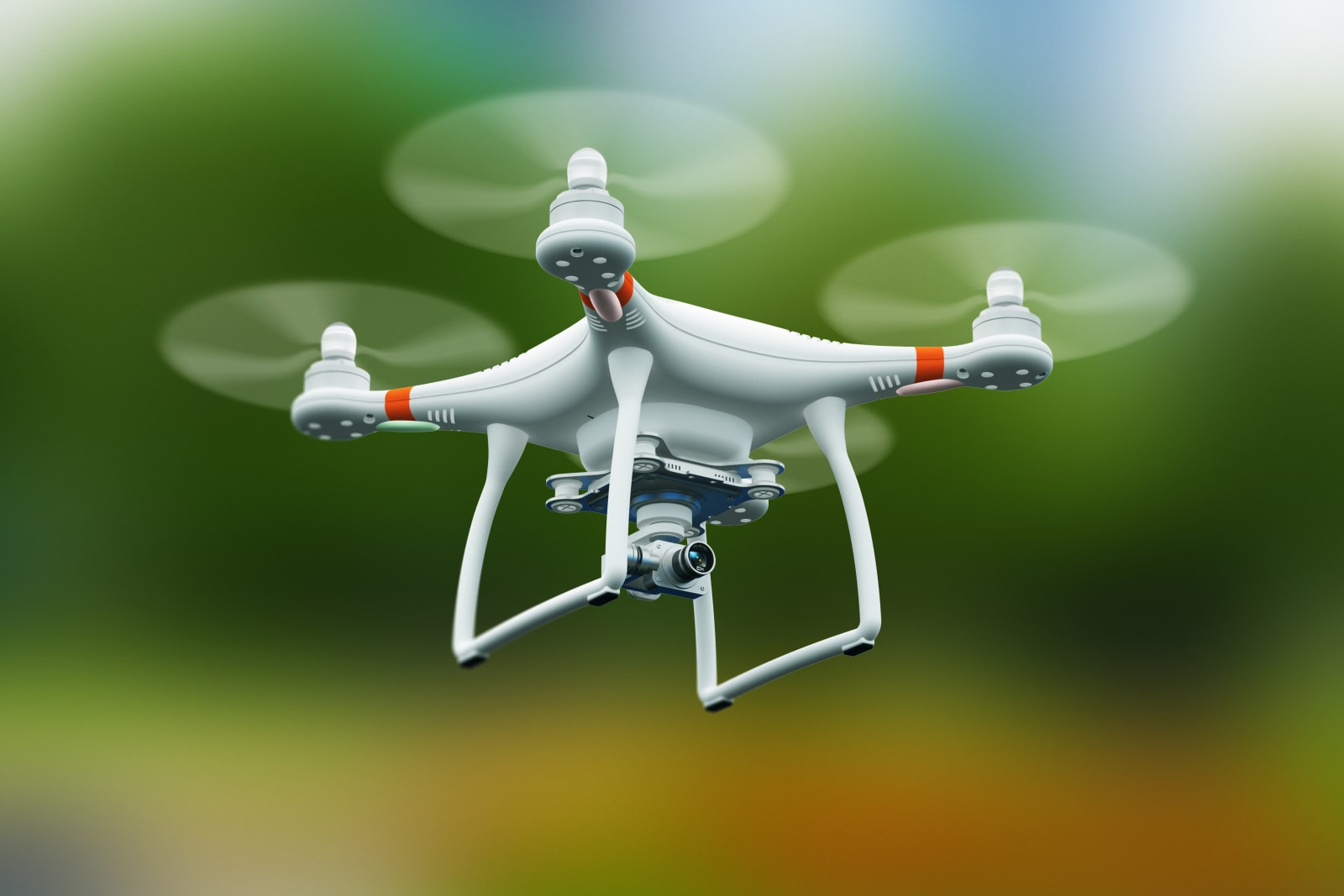 There's no question that drone sightings can be disruptive. In December, a drone spotted at Gatwick Airport in London led to the grounding and diversion of hundreds of flights, and similar disruptions have happened at Dubai International Airport and...
There's no question that drone sightings can be disruptive. In December, a drone spotted at Gatwick Airport in London led to the grounding and diversion of hundreds of flights, and similar disruptions have happened at Dubai International Airport and...
 Governments have been exploring digital driver's licenses for a while, but there are quite a few flaws with existing approaches. You usually have to rely on a proprietary app, sometimes with uncertain security... and what happens if your phone is lo...
Governments have been exploring digital driver's licenses for a while, but there are quite a few flaws with existing approaches. You usually have to rely on a proprietary app, sometimes with uncertain security... and what happens if your phone is lo...
 If you're a European Union citizen, it just became that much easier to prove your identity -- wherever you happen to be in the region. The EU now officially supports cross-border recognition for digital IDs, making your virtual driver's license or ba...
If you're a European Union citizen, it just became that much easier to prove your identity -- wherever you happen to be in the region. The EU now officially supports cross-border recognition for digital IDs, making your virtual driver's license or ba...